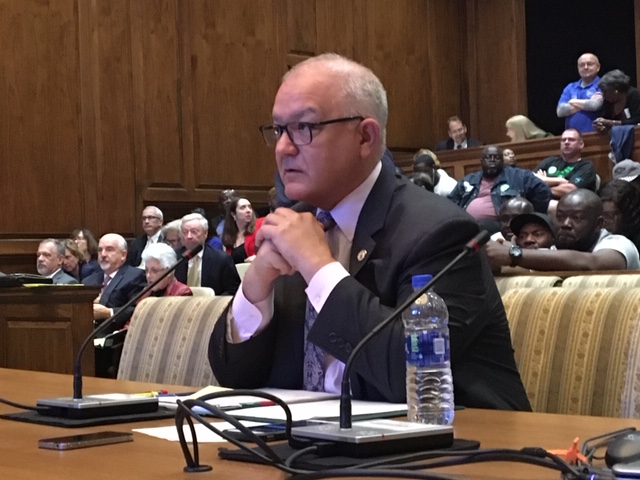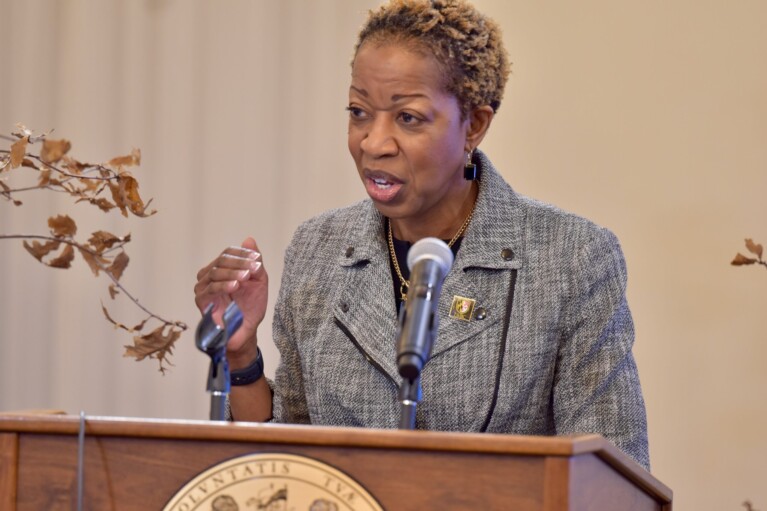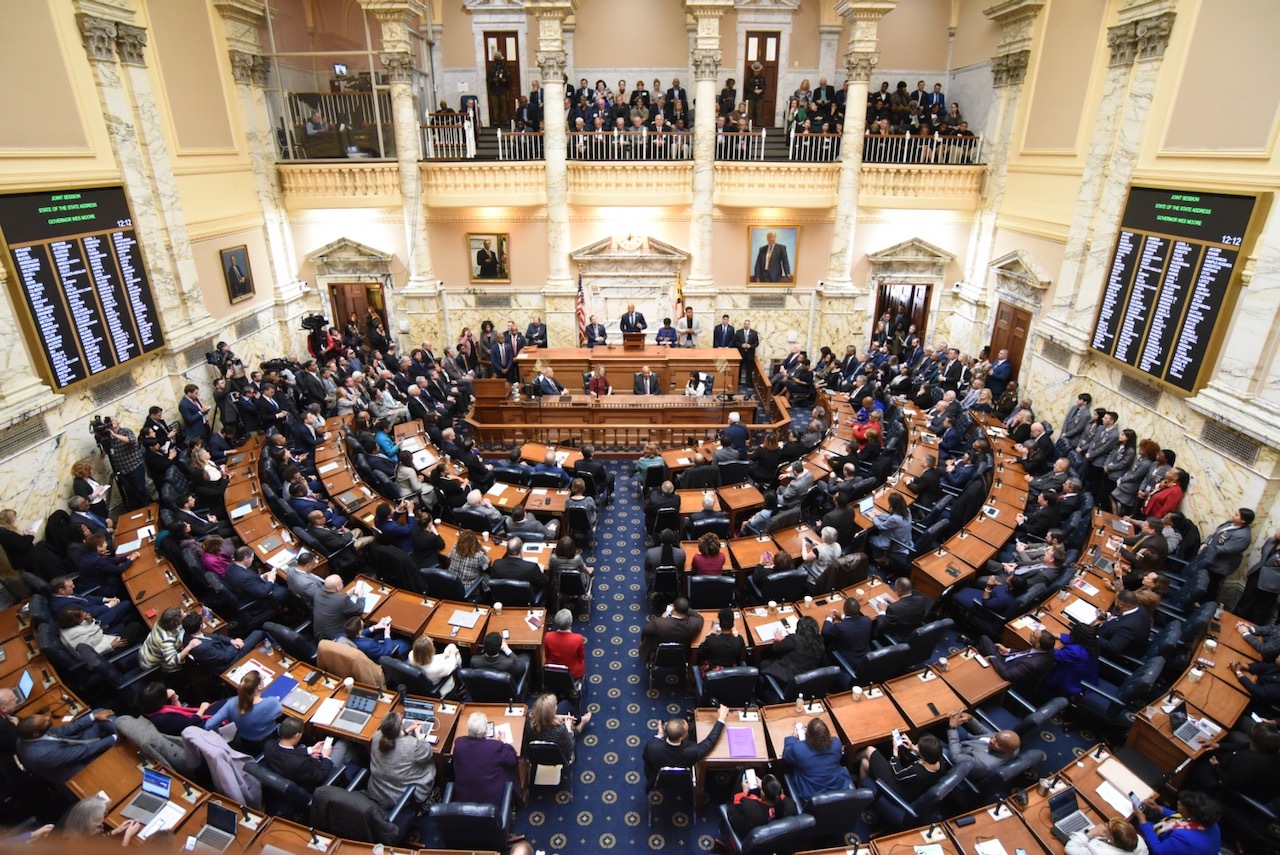Uncertainty Over Retiree Benefits Isn’t Causing Mass Exodus, State Budget Chief Says

Despite workers’ concerns about the future of the state’s retiree health benefits program, government agencies are not seeing a wave of retirements, a legislative panel was told on Tuesday.
Changes to the state’s prescription drug benefits – passed by the General Assembly in 2011 to take effect in 2018 – have angered retirees and spooked active employees, particularly those who are closing in on retirement.
The changes also sparked a lawsuit, Fitch et al v. Maryland.
Plaintiffs in that suit, which was filed last fall, won an injunction that stopped the state reform from taking place. The shift – intended to save Maryland taxpayers billions of dollars – would have moved Medicare-eligible retirees from a state plan to the federal program.
Maryland Budget and Management Secretary David R. Brinkley acknowledged Tuesday that the changes and subsequent lawsuit have created confusion for current and former state employees.
But in testimony before the legislature’s Joint Committee on Pensions, he said there has been no rush to the exits.
“We track that data and we have that data going back years,” Brinkley told the panel. “There has not been a bump-up in the number of [retirement benefits] inquiries.”
Leaders of public employee unions say recent communications from the state have been confusing and contradictory. The messages have also led some employees to wonder if they need to retire by the end of 2019 to ensure they are able to tap the current, more generous, benefits system.
“We’re getting a lot of phone calls from people who are on the cusp of thinking about whether they retire this year or wait longer,” said Lance C. Kilpatrick, legislative and political director for AFSCME Maryland, in an interview.
“They may have high blood pressure. They may have high cholesterol. They need to know what type of drug benefit they’re going to have to help pay for those medications, which can be very expensive.”
(In a commentary for Maryland Matters last month, former state General Services secretary Peta N. Richkus called the General Assembly’s response to the potential reduction in benefits “incomplete and inadequate.”)
“Everybody’s in a difficult position because they’re having to make decisions that affect the rest of their lives on a very nebulous timeline,” said Todd Reynolds, political coordinator for the American Federation of Teachers-Maryland, as he huddled with members of his union outside the hearing room Tuesday.
“There are just so many variables up in the air. State employees deserve clarity.”
In his testimony to the pensions committee on Tuesday, Brinkley defended his agency’s communication with workers and retirees. He also told lawmakers that the injunction, issued last October, “prohibits [us] from discontinuing the existing state prescription benefit plan for Medicare-eligible retirees while the court case is being resolved.”
This year the General Assembly created a three-tiered drug assistance plan, based on years of service and an employee’s retirement date. Brinkley said none of the new programs created by the legislation, Senate Bill 946, can be offered until the judge makes a final ruling.
Brinkley’s stance did not sit well with some members of the panel, including Del. Brooke E. Lierman (D-Baltimore City), who pressed him to discuss how his agency would implement the law if the state prevails.
“Great question. Entirely premature, until we see the outcome of the litigation,” he responded.
“I disagree,” Lierman shot back. “It’s important that… there is some transparency about how you would implement the law” once the case is over.
Brinkley declined. The case “could take years,” he said.
The committee’s hearing was held in the legislature’s large Joint Hearing Room, which was filled with spectators, many of them state employees wearing union T-shirts.
Brinkley suggested some who attended are anxious to become parties to the lawsuit.
“You have people in the room, potentially, who want to be plaintiffs…and are looking here to gain information to move forward,” the secretary said.




 Creative Commons Attribution
Creative Commons Attribution